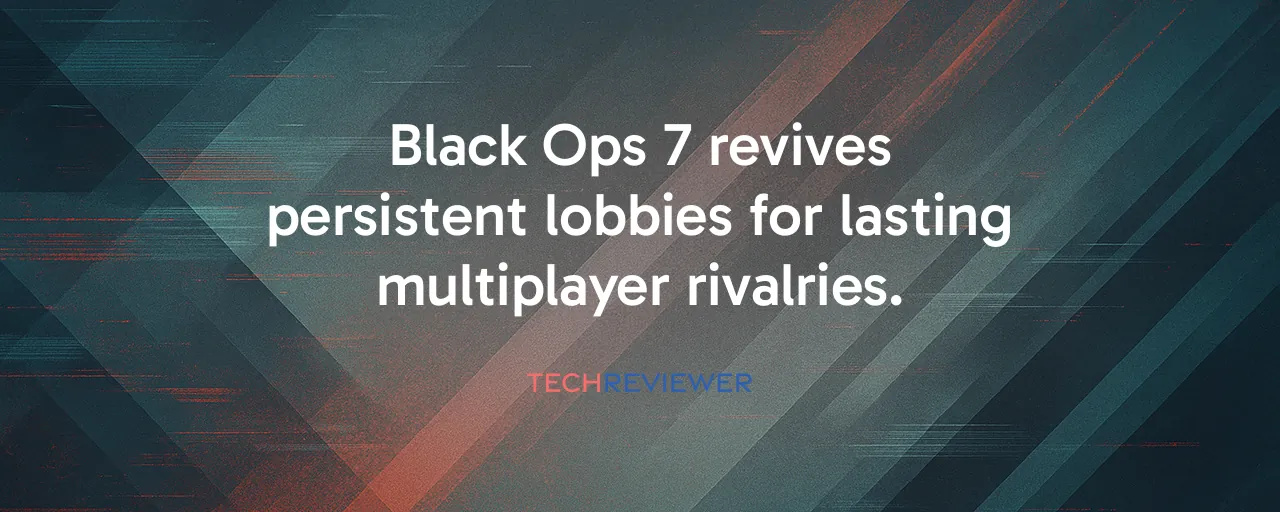Lobbies That Last
Call of Duty: Black Ops 7, launching November 14, 2025, flips the script on multiplayer with a bold return to persistent lobbies. After a match, you stay with the same group of players unless you choose to leave. This setup, announced by Activision on October 9, 2025, echoes the franchise's early days, where lobbies fostered rivalries and friendships over multiple games. During the recent beta, players raved about this throwback, with streamers like Shroud calling it a refreshing change. The move responds to years of community feedback, aiming to make every session feel more connected and alive.
Open Matchmaking, Open Possibilities
Black Ops 7 also ditches strict skill-based matchmaking (SBMM) for an open system with minimal skill filters. Tested in the beta's Open Moshpit playlist, this approach prioritizes connection speed and variety over perfectly balanced games. You might dominate one match and struggle in the next, creating a rollercoaster of highs and lows. Treyarch's developers say this mirrors the natural flow of older shooters, where skill gaps led to organic, unpredictable fun. Yet, some worry new players could face tough opponents too often, sparking debates about accessibility versus entertainment.
Lessons From the Past
This shift isn't new territory for gaming. Destiny 2's 2020 experiment with looser SBMM in casual playlists showed mixed results; top players still blamed losses on matchmaking, revealing a placebo effect in community gripes. Meanwhile, Fortnite's 2021 decision to remove bots from some modes led to swift backlash from casual players overwhelmed by skilled opponents. Black Ops 7's approach learns from these, balancing minimal skill filters to avoid extreme mismatches while preserving the chaos that makes lobbies memorable. These case studies highlight a truth: players crave variety, but fairness remains a tightrope.
Social Vibes and New Challenges
Persistent lobbies bring back the social spark of 2000s shooters, where you'd recognize a sniper's gamertag across matches. This setup lets you build rivalries, vote on maps, and chat with the same crew, fostering a sense of community missing in recent Call of Duty titles. However, longer-lasting lobbies could amplify toxicity if problematic players linger. Treyarch must lean on robust moderation tools to keep things civil. The change also challenges streamers, who gain varied content but face unpredictable skill swings, impacting their highlight reels.
Balancing Act for the Future
Activision's pivot comes amid fierce competition, with Battlefield 6's October 2025 launch pushing Call of Duty to innovate. The 2024 Activision white paper warned that loosening SBMM raised quit rates for 90% of players, especially less skilled ones. Black Ops 7 bets that the thrill of varied matches and social connections outweighs those risks. If casual players stick around, this could redefine shooter matchmaking. If not, Treyarch may tweak the system by season one. Either way, the experiment signals a player-driven push against algorithmic control, setting the stage for a new era of multiplayer design.
